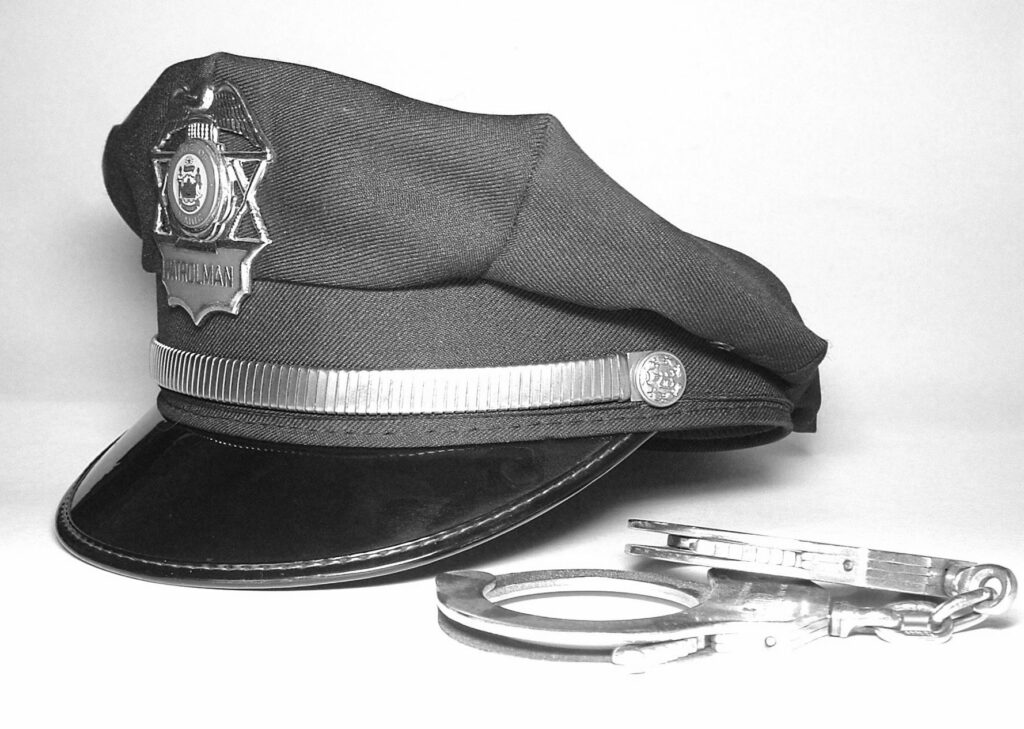
ATLANTA – Deteriorating public support for law enforcement is driving police officers away from the profession and making it harder to attract new recruits, representatives of state and local police agencies said Thursday.
While cops expect criminals to see them in a negative light, bad feelings about the police are spreading to ordinary citizens and even elected officials, Butch Ayers, executive director of the Georgia Association of Chiefs of Police, told the state Senate Study Committee on Law Enforcement Reform at its kickoff meeting.
“Officers are asking themselves, ‘Why am I staying here?’ ”
Ayers said. “We cannot attract people to this noble profession if we continue to vilify the profession.”
Police officers in cities across America have been targets of violent elements of otherwise peaceful protests since the death of George Floyd last May, a Black man who died after a white police officer in Minneapolis kneeled on his neck.
In the most recent incident, two Louisville, Ky., police officers were shot and wounded Wednesday night hours after a grand jury indicted a former city police detective for wanton endangerment for allegedly shooting into the home of a neighbor of Breonna Taylor but did not charge any officers in the fatal shooting of Taylor.
“We have bad actors, but we do not systematically do wrong,” Terry Norris, executive director of the Georgia Sheriffs’ Association, told committee members. “We’re not the enemy.”
The Senate formed the study committee in June to consider whether state laws governing policing need to be changed. Practices the panel plans to review include use-of-force policies, police chokeholds, no-knock warrants and the use of “certain chemicals or projectiles” for crowd control, according to the resolution creating the committee.
Much of Thursday’s discussion focused on police officer training.
Chris Wigginton, director of the Georgia Public Safety Training Center in Forsyth, said his facility’s 275 active training courses include instruction in community policing and how to de-escalate confrontations.
“These are geared toward understanding your community and diverse groups,” he said.
All law enforcement trainees in Georgia must complete 408 hours of instruction at the Forsyth facility or one of more than two dozen other training academies across the state before they can hit the streets, said Mike Ayers, executive director of the Georgia Peace Officer Standards Training Council, which oversees certification of police officers.
But the average training requirement nationwide mandates 650 hours, he said.
“There are topics we are not able to address,” he said.
Ayers said one reason police officers in Georgia are leaving law enforcement in increasing numbers is they’re not getting enough “resiliency” training to help them cope with the mental stress that comes with the job.
“Police officers see the worst in society,” he said. “We have a tendency to project that onto everyone we encounter. … Hopefully, we can address these issues before they appear on the front page of a newspaper.”
Some of the law enforcement officials who testified Thursday pushed back on reform proposals that have surfaced across America during the recent protests, including defunding the police.
“Right now, there isn’t enough funding to have the police officers we need or the training they need,” Butch Ayers said.
Norris said taking away “qualified immunity” from police officers, which shields them civil lawsuits for actions they take that would be considered reasonable under the law, is also a non-starter in the law enforcement community.
“If you eliminate qualified immunity, you wouldn’t have anybody who wanted to do this job,” he said.
The study committee plans several additional meetings this fall. The panel is due to make recommendations by Dec. 15.